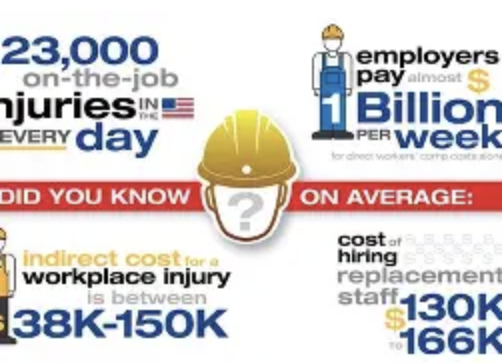The Misconception of "Active Income" in Work
Professionals with high earnings frequently mistake substantial salaries for a path to financial growth. However, being employed links pay to time, which is a limited asset—even the highest-ranking executives encounter limits when their time is used up. Achieving true financial independence necessitates having resources that create income autonomously, a standard that most salaried positions cannot achieve, no matter the salary level.

The Unrecognized Advantage of Entrepreneurship: Leverage Instead of Limitations
Profitable startups not only generate income—they establish scalable frameworks. A software application or service can cater to countless users while needing only minimal additional effort, transforming the founder’s time into a force multiplier instead of a limitation. For individuals with high expenditures, this leverage changes "earning for spending" into "creating for sustainability."
The Overlooked Price of Employment’s "Safety"
For those at the top of their fields, job security is a misconception; sectors evolve, and executive positions are under continual pressure. The supposedly "secure" salary typically requires over 60 hours of work each week, leaving little time to develop additional income sources. When this perceived stability breaks down, individuals who spend heavily encounter more severe consequences without varied assets.

Entrepreneurship’s Risks: Controlled Rather Than Dreaded
Individuals aiming for wealth can lessen the risks associated with starting a business by investing with discretionary funds rather than their life savings. They are able to explore ideas on a part-time basis, leveraging their current networks to assess concepts before they expand. This approach of "managed experimentation" sidesteps the all-or-nothing mentality often linked to launching a business.
This approach transforms entrepreneurship from a risky endeavor into a strategic investigation—particularly beneficial for individuals managing current jobs or financial obligations. Utilizing surplus funds ensures that even if an idea fails, essential assets (such as retirement savings or family necessities) stay protected, while part-time experimentation enables innovators to improve their product based on actual input without leaving reliable income streams. By relying on established connections, they access previously examined insights to confirm demand ahead of time, reducing resource wastage and converting risk into a means of acquiring knowledge instead of a danger to stability.
The Hidden Wealth Devaluation in Employment
High wages are burdened by substantial taxes and restricted tax-efficient strategies. On the other hand, entrepreneurs can benefit from deductions related to business costs, retirement funds, and depreciation of assets—strategies that help retain more wealth. Over many years, this tax advantage alone can significantly increase the disparity in wealth between salary earners and business builders.

The Autonomy Barrier: More Than Just Earnings
Financial independence transcends mere figures—it revolves around the freedom to choose. Employment aligns where one works, the hours, and the purpose with what the employer requires. In contrast, entrepreneurship enables those with high consumption to match their professional pursuits with their beliefs, while also creating resources that support their lifestyle instead of just covering expenses. For individuals willing to take on risk, it represents a quicker route to genuine independence.







